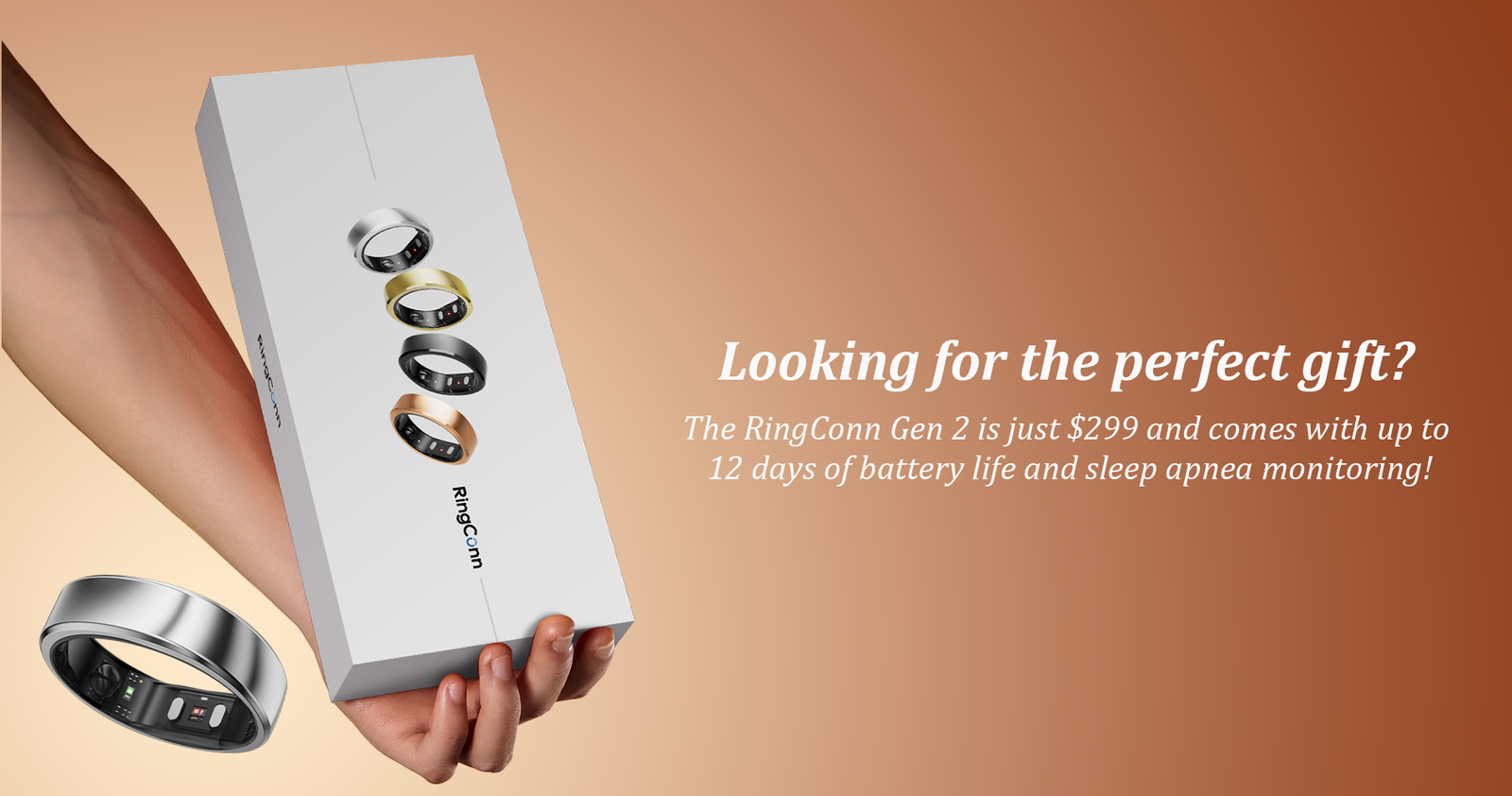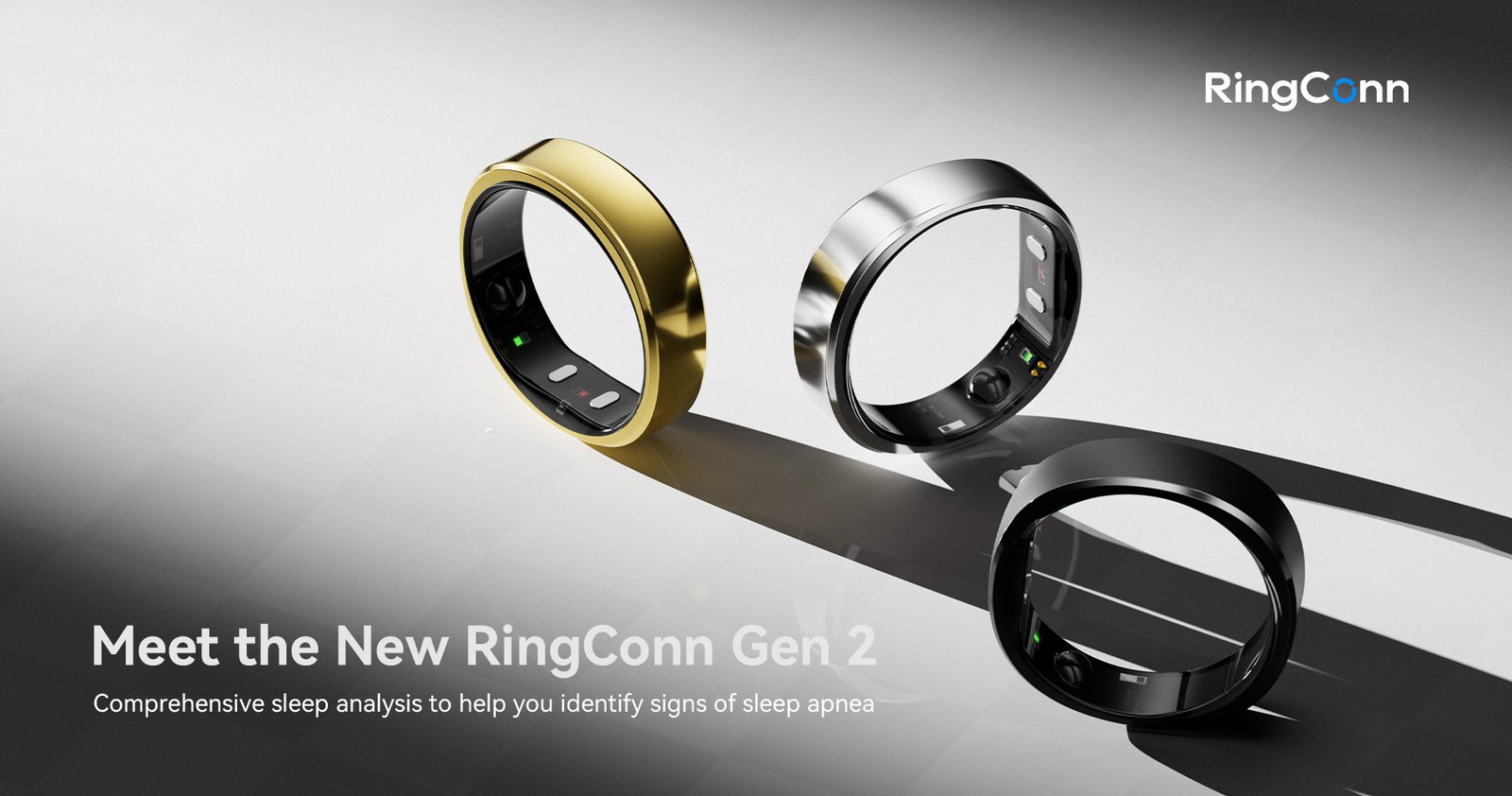By the time you’ve declared a bold new goal—whether it’s starting a business, getting fit, or switching careers—it often feels like the first step toward a brighter, more fulfilled life. But somewhere between setting the intention and reaching the finish line, reality kicks in. The excitement fizzles. Progress slows. Obstacles multiply. What was once a thrilling ambition begins to feel like just another item on a never-ending to-do list.
This isn’t a failure of willpower. It’s human nature.
So, what sets successful goal-setters apart from those who abandon ship when the waters get rough? The answer lies in grit—not in a rigid, stubborn refusal to quit, but in a steady, values-aligned resilience. Here’s how to build that kind of sustainable determination and stay the course, even when the path becomes ordinary, frustrating, or unclear.
Align Goals with Your Core Values
Goals don’t exist in a vacuum. They resonate most—and endure longer—when they’re connected to your identity and beliefs.
Every one of us operates based on a personal set of values, even if we’ve never taken the time to name them. These values shape our decisions, direct our priorities, and reflect the kind of person we hope to become. When your goals reflect your deepest values, they move from being a checkbox to a calling.
For example, consider someone whose core values include autonomy, growth, community, resilience, and generosity. Their goals—such as journaling daily, paying off debt, or applying for new job opportunities—aren’t just tasks. They’re extensions of who they want to be.
- Journaling supports emotional clarity and community connection.
- Paying off debt increases financial freedom and the ability to give back.
- A new job fuels professional development and independence.
When you view your goals as reflections of who you are and aspire to be, they become far more meaningful. Even when motivation wanes, this deeper connection helps you persevere—not because you have to, but because it matters.
Train the “Do It Anyway” Muscle
Stanford neurobiologist Andrew Huberman has explored the brain’s role in persistence. His insights reveal something powerful: grit can be trained.
By engaging in small, uncomfortable activities—what Huberman calls “micro-sucks”—you can strengthen the neural pathways responsible for perseverance. These aren’t necessarily related to your goal, but they sharpen your overall mental toughness.
Think:
- Taking a cold shower for two minutes.
- Going to the gym when you’d rather sleep in.
- Avoiding your phone for an hour after work.
Each time you face discomfort and do the hard thing anyway, you’re practicing a kind of resilience that spills over into every area of life. You’re strengthening what we might call the “do it anyway” muscle—the habit of forward motion, even when every part of you resists.
This strategy builds psychological endurance. It’s not about forcing yourself through massive feats of willpower but practicing small, consistent acts of discipline that shape your identity into someone who follows through, no matter what.
Remember Your “Why” — And the Cost of Forgetting It
Gail Hyatt put it plainly: “People lose their way when they lose their why.”
Every goal you’ve ever set had an origin story—a reason it mattered. But in the daily grind of trying to make progress, we often forget the spark that set us in motion.
To rekindle it, look forward and backward.
Fast-forward a year. You’ve met your goal. How do you feel? What has changed? What is now possible in your life?
Stretch it out five years. How has sticking with your goal affected your relationships, your health, your confidence, or your career? Visualize this version of you in vivid detail. Let that future inspire you.
Now reverse it. Imagine you gave up. Nothing really changed—or worse, things slid backward. One year later, then five years later, what do you see? Are you satisfied with the trajectory?
This isn’t about guilt. It’s about perspective. Recognizing what’s at stake can supply the emotional fuel you need to persist. When you remember your “why,” you reawaken your original motivation and give yourself a reason to keep pushing—even through the slog.
Grit Isn’t Glamorous—But It’s Golden
Motivation is fickle. Habits take time. And progress is often invisible before it becomes undeniable.
So how do you keep going when your goals have lost their shine?
- Tie your goals to your core values so that they reflect your identity, not just your ambition.
- Practice small acts of discomfort to strengthen your resilience and build mental endurance.
- Reconnect with your purpose and stay mindful of both the rewards of persistence and the cost of quitting.
Achieving meaningful goals isn’t about constant excitement—it’s about consistent effort. It’s about who you’re becoming through the process, not just what you’re checking off a list.
Stay steady. Stay honest. Stay gritty. The you on the other side is worth it.





